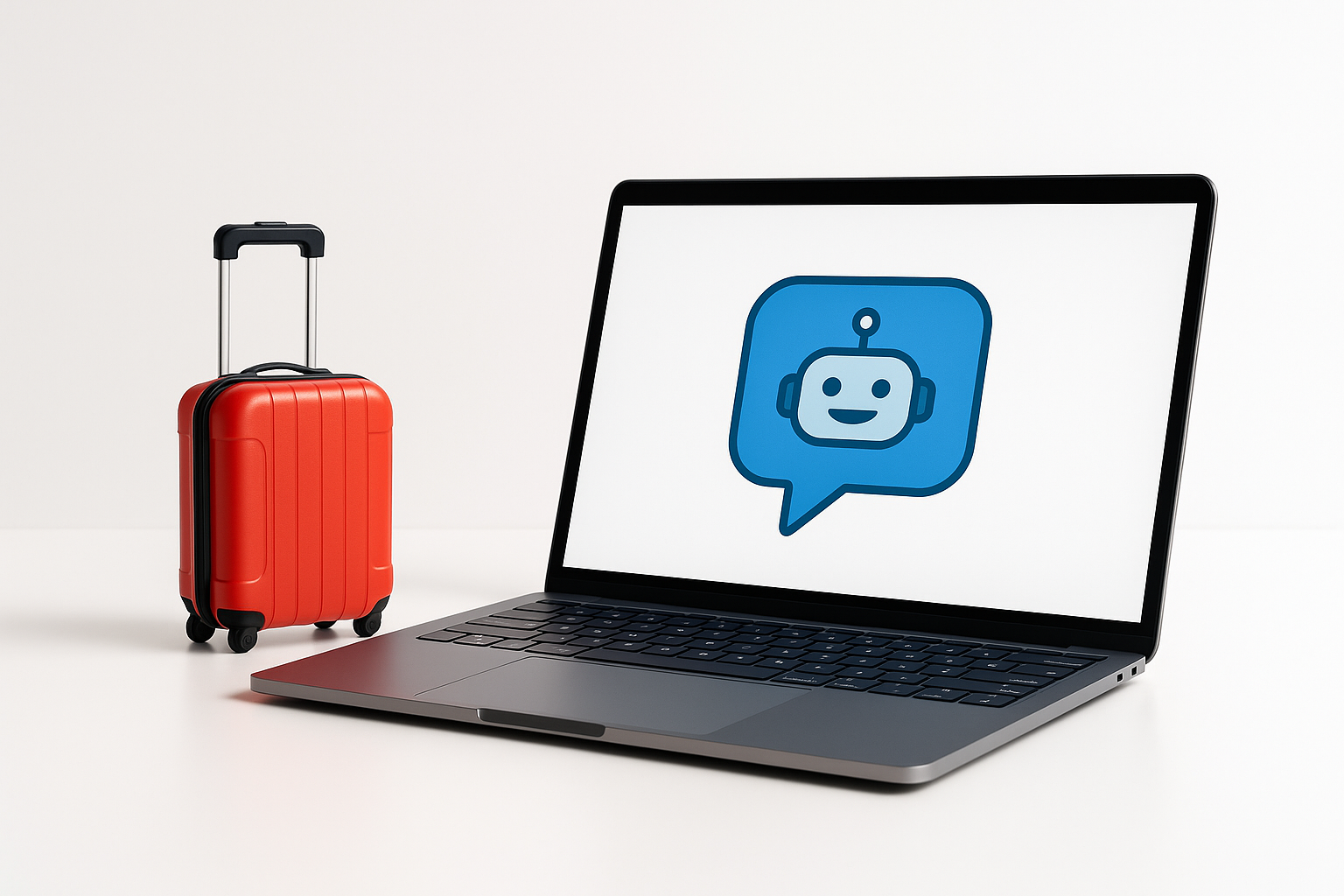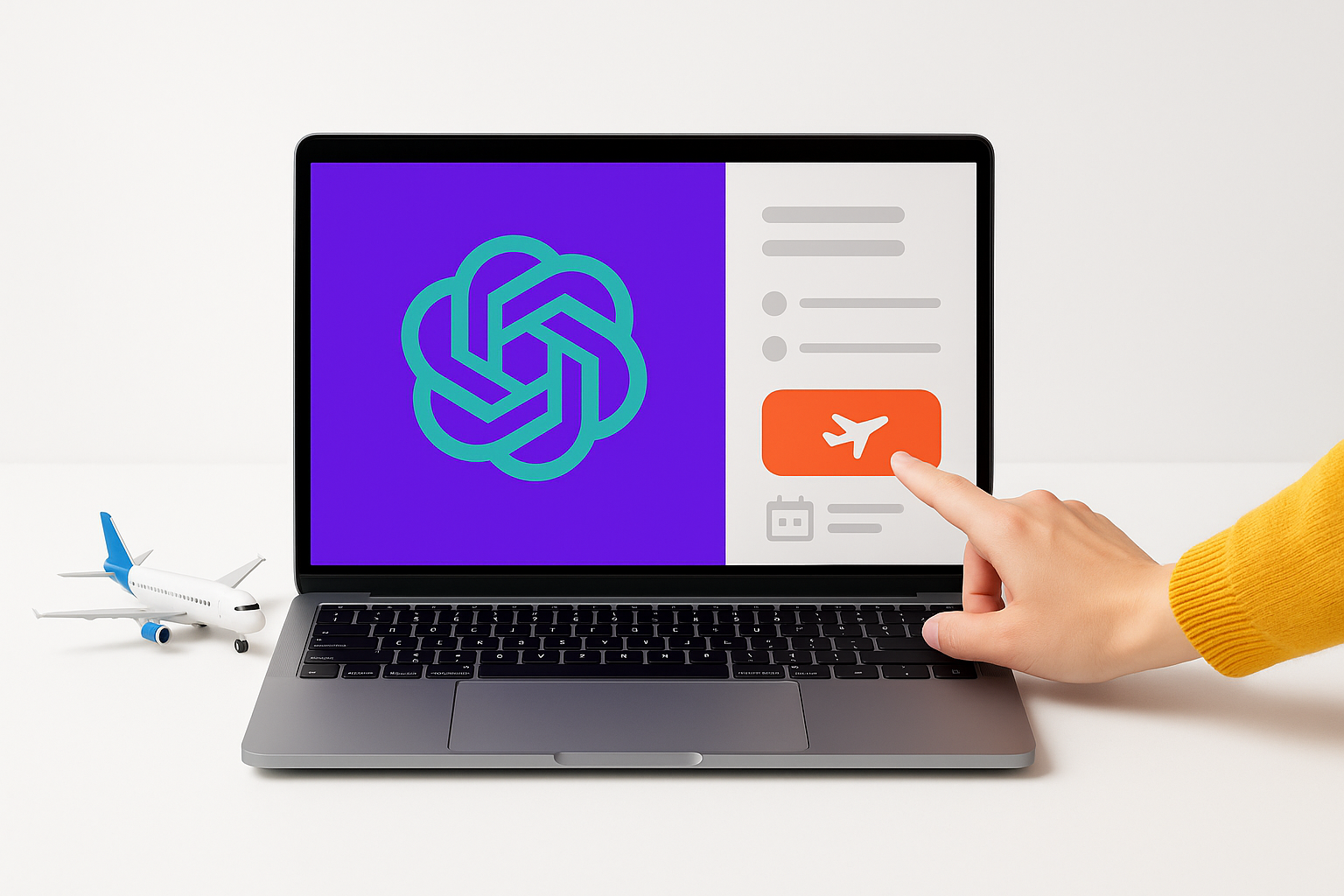AI Chatbots: Transforming Travel Planning by 2025
As we move deeper into the digital age, artificial intelligence (AI) continues to reshape various industries, and travel planning is no exception. By 2025, AI chatbots have become indispensable tools for travelers and travel companies alike, offering unprecedented convenience and personalization. This transformation is not just a technological advancement but a complete redefinition of how we approach planning our adventures. According to a recent article by Global Rescue, AI is significantly shaping the travel planning landscape, offering solutions that are more intuitive and responsive to users' needs.
Personalized Travel Itineraries
One of the most significant impacts of AI chatbots in travel planning is their ability to create personalized itineraries. Unlike traditional travel agents, AI chatbots can process vast amounts of data in real time, analyzing user preferences, past travel history, and even social media activity to suggest tailored travel plans. For instance, if a user frequently posts about their love for hiking, the chatbot might suggest destinations with great hiking trails or even offer package deals for outdoor adventures.
These AI-driven itineraries are not only personalized but also adaptive. As users interact with the chatbot, it learns and refines its suggestions, ensuring that travelers receive recommendations that align with their evolving interests and circumstances. This level of customization was unimaginable a decade ago, but AI chatbots have turned it into a reality, enhancing the overall travel experience.
Real-Time Assistance and Information
AI chatbots are available 24/7, offering real-time assistance to travelers across different time zones. Whether it's a last-minute flight change or a sudden need for accommodation, chatbots provide instant support, significantly reducing the stress associated with travel disruptions. This immediate response is crucial in today’s fast-paced world, where time is often of the essence.
Moreover, chatbots are equipped with the latest information, from weather updates to local COVID-19 regulations, ensuring that travelers are always informed. This real-time data access helps users make informed decisions, enhancing safety and convenience during their trips. For travelers, having a reliable source of information at their fingertips is invaluable, particularly in unfamiliar destinations.
Cost Efficiency and Time Savings
Another transformative aspect of AI chatbots in travel planning is cost efficiency. By utilizing AI, travel companies can offer competitive pricing through dynamic pricing models that analyze current demand, user behavior, and market trends. This ensures that travelers receive the best possible deals tailored to their budget and preferences, often without the need for extensive manual searching.
Furthermore, AI chatbots save time by streamlining the booking process. Tasks that traditionally required multiple emails or phone calls can now be completed in a single chat session. For instance, booking a flight, hotel, and car rental can be seamlessly integrated into a single interaction with an AI chatbot, allowing travelers to focus on the more exciting aspects of their trip.
Enhanced Customer Engagement
AI chatbots have also revolutionized customer engagement in the travel industry. By providing immediate responses and personalized interactions, chatbots enhance the customer service experience, leading to higher satisfaction rates and customer loyalty. This is particularly important in the competitive travel market, where companies vie for travelers' attention and patronage.
In addition to responding to queries, AI chatbots proactively engage with users by sending reminders, tips, and promotional offers. This continuous interaction helps maintain customer interest and encourages repeat business, proving that AI chatbots are not just tools for planning but integral components of customer retention strategies.
Overcoming Language Barriers
Traveling often involves navigating language barriers, but AI chatbots are helping to bridge this gap. Equipped with natural language processing capabilities, these chatbots can communicate in multiple languages, offering seamless assistance to travelers worldwide. This capability is particularly beneficial for those traveling to countries where they do not speak the local language, as it allows them to obtain the information and support they need without miscommunication.
Moreover, AI chatbots can provide translations of key travel documents, ensuring that language is no longer a barrier to an enjoyable and smooth travel experience. This feature not only enhances accessibility but also promotes inclusivity in travel, allowing more people to explore the world confidently.
Conclusion
By 2025, AI chatbots have become integral to the travel planning process, offering a level of convenience and personalization that was previously unattainable. They streamline the booking process, provide real-time assistance, and enhance customer engagement, making travel more accessible and enjoyable for everyone. As the technology continues to evolve, we can expect AI chatbots to play an even more significant role in shaping the future of travel.
Sources
This article references: Global Rescue




Comments
Leave a Comment
No comments yet. Be the first to comment!